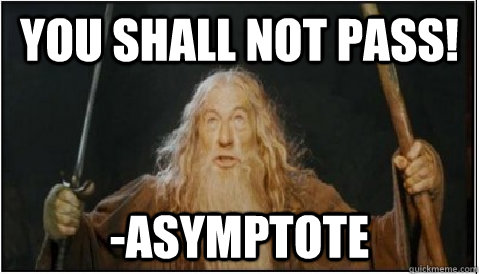Desensitizing to Death
For today’s article, I’m starting with a quote from our inimitable bard in reference to the recent rash of celebrity deaths:
As time goes on, the amount of celebrity deaths is going to seem to increase. That’s because our metric of recognizing famous people has significantly increased. With media being readily available and instantly accessible at our fingertips, we’re able to not only become more exposed to famous people, but we also have a better handle for what they look like and who they are.
As we increase the ways people can be famous, the ratio of famous to non-famous people decreases. We start to be more aware of more names, more lives, more deaths. Compounding that, we can now feel closer to these people than we’ve ever been able to in history. Social media, papparazzi and camera phones all shorten the distance between all of us, especially celebrities. This distance is decreasing (often at the detriment to the privacy and personal lives of those famous people, much their chagrin), but there is an asymptote coming soon.
Eventually, we won’t be able to maintain this decreasing distance without sifting through people’s medical records and I dearly hope that’s not the next social networking craze. At one point, we’ll be at a minimal distance to those people and it’ll stop. Regardless of when we hit maximum saturation, it’s effects will be interesting.
When faced with a consistent stimulus, we tend to become numb to it. Consider the fact that you can’t feel your clothes on your skin right now without concentrating on it. Or that weird humming sound you’ve tuned out. We’re amazingly adaptable creatures and one of the ways we can ensure our own sanity is to be able to ignore certain stimuli that are no longer novel. This way, we can focus on those things that are different (like a knock at the door), while ignoring those things that are less threatening/exciting (like the pervasive smell of a dirty litter box). I expect that this will be the way we react to the oversaturation of celebrity hype, and eventually, deaths.
As we grow numb to the increasing number of celebrity lives and numb to their deaths, our relationship with celebrities will change. I don’t think it’s possible for us to care deeply about that many people, much less that many deaths. There’s a prevailing theory that suggests humans are incapable of relating to more than a certain number of other people on any sort of real authentic level. (Check out Dunbar’s Number if you’re curious. Some of the initial reasoning is odd but the conclusions are compelling). Basically, it’s between 100 and 300 people. So as we increase the intimacy of our relationships with these folks, they’ll have to start displacing people from our Dunbar’s Number of relationships OR we’ll have to maintain our emotional distance. If the former, then we’re going to have some serious social issues (reminder of John Hinckley Jr. from an article a while back). If the latter, then the result will be a detached sort of numbness to celebrity death. Considering what I’ve covered in that same article regarding Parasocial Interactions, this could be a cause for concern if it becomes a model of behavior for people. On the other hand, it may be a step in the development of our culture’s opinion on death.
In the end though, I’d like to share our bard’s closing statement:
Rock out hard, remember what these people did to advance their respective movements, and celebrate the skillset they had in making you smile.


Pingback: Novelty makes the world go ‘round – Aeither.net
Pingback: Digital Beard Stroking: Stories – Aeither.net